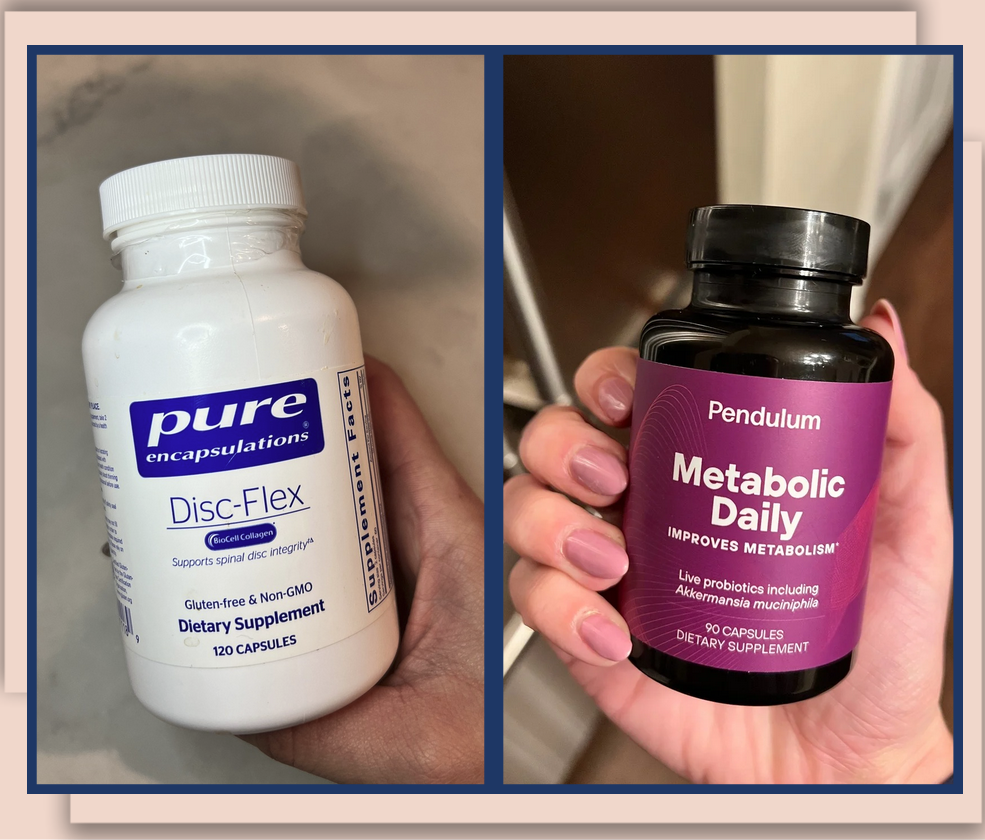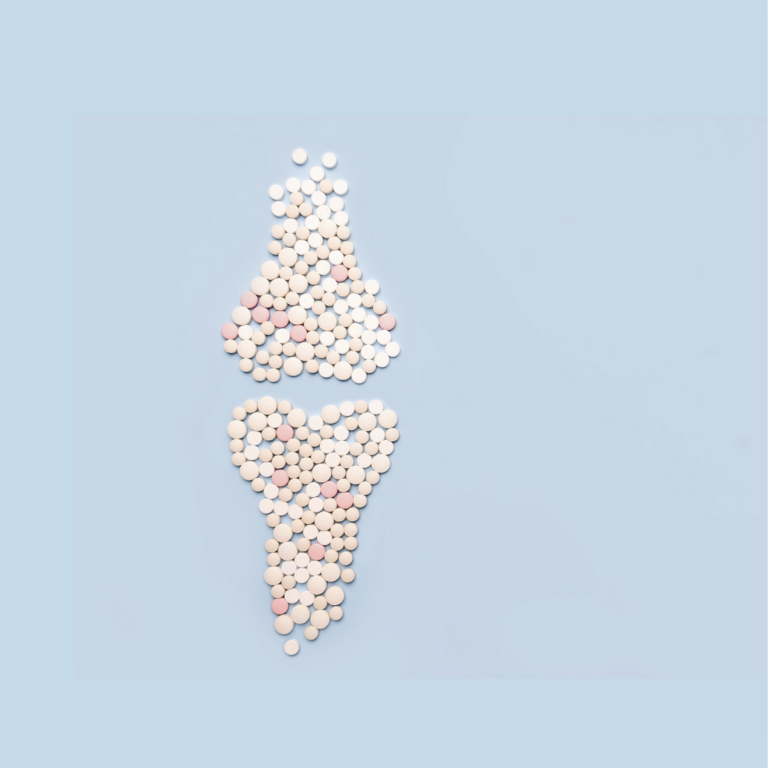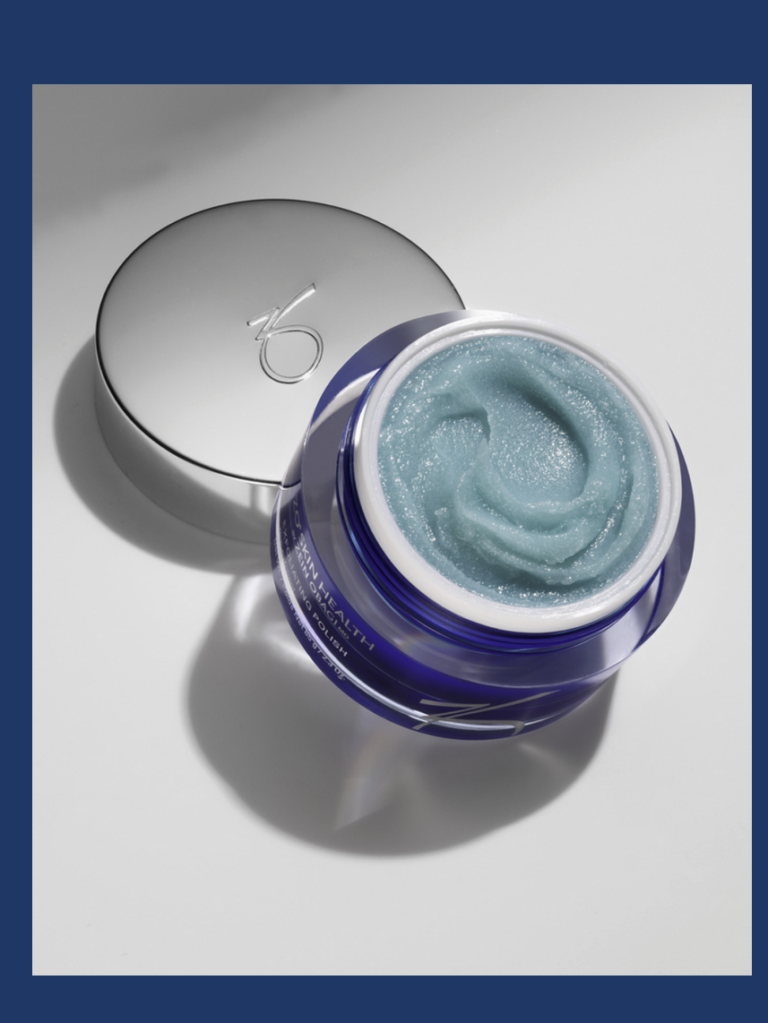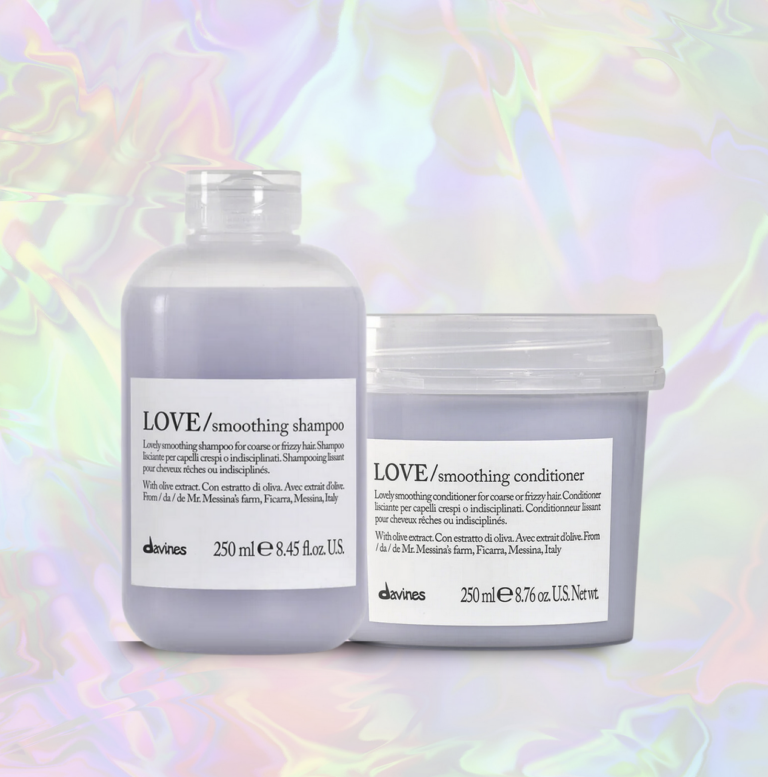Understanding Supplement Safety: Why It Matters
In today’s health-conscious world, dietary supplements have become popular for those looking to improve their overall well-being. However, not all supplements are created equal, and ensuring their safety and efficacy is paramount. Let’s delve into the importance of supplement safety and the steps you can take to protect yourself.
The Importance of Accurate Supplement Labels
When you buy a supplement, you trust it contains the ingredients listed on the label. Unfortunately, this isn’t always the case. A 2021 study reviewed the ingredients of 30 supplements sold on Amazon aimed at improving health, revealing some startling findings:
Only 13 out of the 30 supplements had labels that accurately reflected their contents.
17 supplements had ingredients listed on the label that weren’t found in the supplement.
Even more concerning, 9 of the supplements contained substances not mentioned on the label.
These discrepancies pose significant health risks. Consuming unidentified substances or missing out on the advertised ingredients can lead to adverse reactions or nullify the supplement’s intended benefits. Supplements sold on online marketplaces may not undergo rigorous quality control checks. There is a higher chance of encountering counterfeit or substandard products. Products may make false claims about their contents or benefits.
With the convenience of online shopping, it’s tempting to purchase supplements from platforms like Amazon. However, this is risky. Even if the findings were of just one inaccurate product you should beware the possible trade off for the convenience of 2-day shipping.
Ensuring Supplement Safety
To protect your health, it’s crucial to choose supplements that are safe and effective. Here are some steps to ensure you’re getting high-quality products:
Choose Reputable Brands: Opt for well-known brands with a history of producing reliable supplements. Research the brand’s reputation and read customer reviews. My favorite supplements are by Pure Encapsulations for my everyday vitamins. They are third-party tested and have references supporting their claims! For gut heath, Pendulum Probiotics are my go to.

Third-Party Testing: Look for supplements that have been third-party tested. This is a must in my books. This means an independent organization has verified the product’s ingredients and quality. Certifications from organizations like NSF International, US Pharmacopeia (USP), or ConsumerLab.com can provide added assurance.
Check for Certifications: In addition to third-party testing, check for certifications that indicate the product meets certain standards. For example, GMP (Good Manufacturing Practice) certification ensures the product is produced in a quality-controlled environment.
Avoid Unrealistic Claims: I hope it goes without saying, but be wary of supplements that make bold, unrealistic claims. If it sounds too good to be true, it probably is. A supplement is exactly that-a supplement, it does not replace a healthy diet and lifestyle.
Consult Healthcare Professionals: Before starting any new supplement, consult your healthcare professional. They can provide personalized advice based on your health needs and ensure the supplement won’t interact with any medications you may be taking.
Conclusion
The findings from the 2021 study are a wake-up call for anyone using dietary supplements. With 17 out of 30 supplements found to have inaccurate labels and 9 containing undeclared substances, the importance of supplement safety cannot be overstated. By choosing reputable brands, opting for third-party tested products, and consulting healthcare professionals, you can safeguard your health and ensure you get the benefits you seek from your supplements. Remember, your health is worth the extra effort to ensure the supplements you take are both safe and effective.
Crawford, C., Avula, B., Lindsey, A. T., Walter, A., Katragunta, K., Khan, I. A., & Deuster, P. A. (2022). Analysis of Select Dietary Supplement Products Marketed to Support or Boost the Immune System. JAMA Network Open, 5(8), e2226040–e2226040. https://doi.org/10.1001/jamanetworkopen.2022.26040







